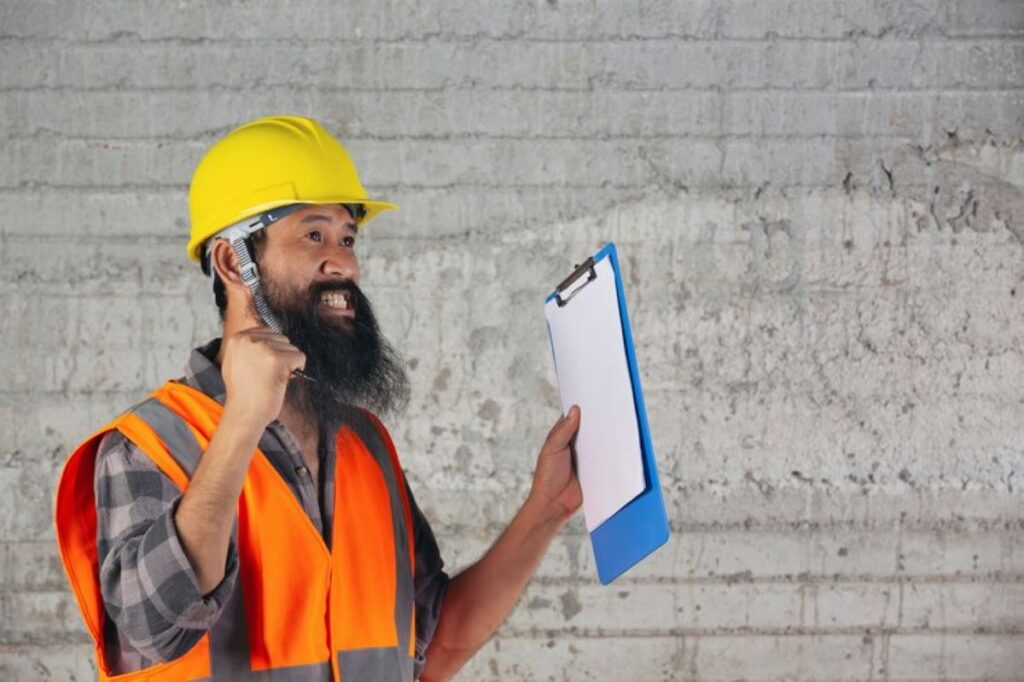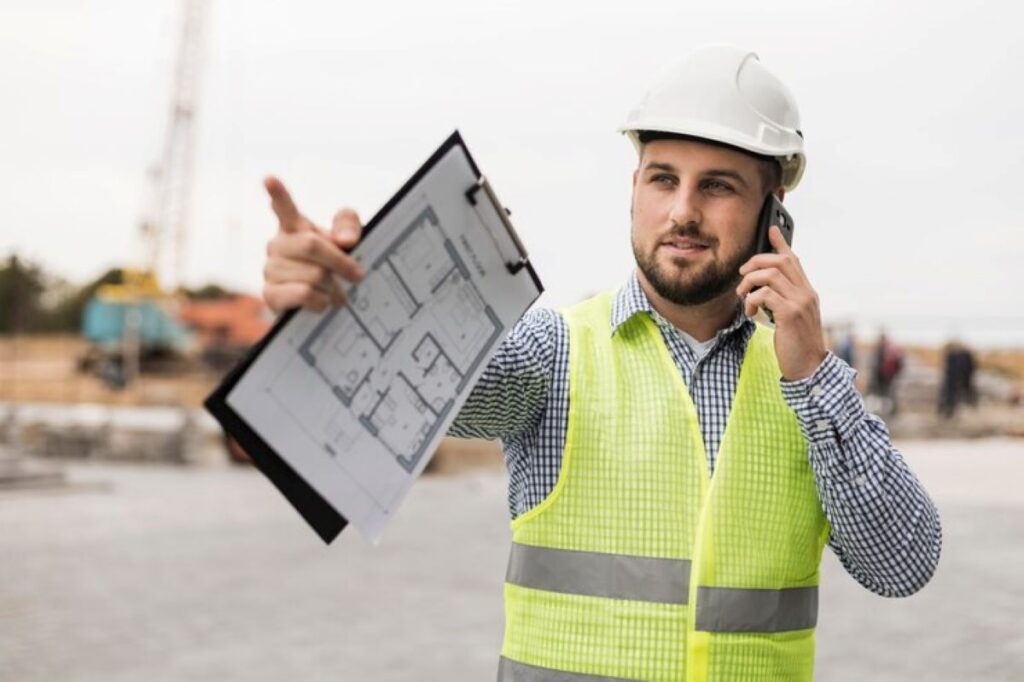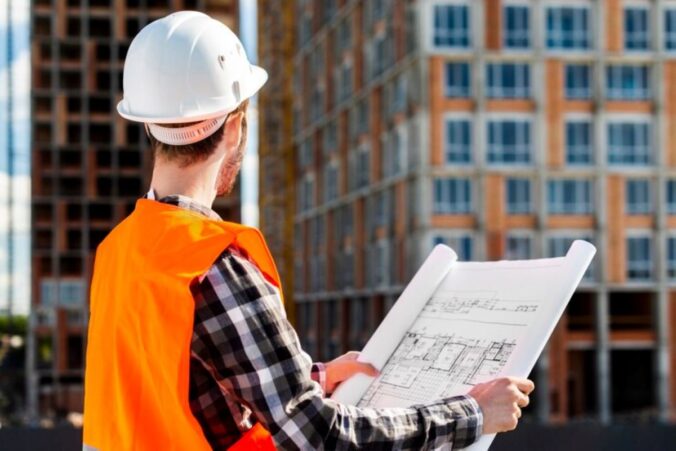In the realm of construction, the importance of conducting a thorough survey cannot be overstated. Early surveys lay the groundwork for successful projects, ensuring that potential issues are identified and addressed before they escalate. This article explores the key benefits of undertaking a comprehensive construction survey at the outset of any project, highlighting how it can save time, money, and resources in the long run.
Understanding the Importance of Construction Surveys
Construction survey serve as the foundation for any building project. They provide crucial data regarding the land, existing structures, and environmental conditions that can impact the construction process. By understanding the importance of these surveys, stakeholders can make informed decisions that contribute to the overall success of the project.
Identifying Potential Risks
One of the primary advantages of conducting a thorough construction survey is the identification of potential risks. Surveys can reveal issues such as subsurface conditions, soil stability, and the presence of hazardous materials. By identifying these risks early, project managers can develop strategies to mitigate them, thereby reducing the likelihood of costly delays and complications during construction.
Additionally, understanding the topography and geology of the site can inform design decisions. For instance, if a survey indicates that the soil is not suitable for the proposed structure, alternative foundations or construction methods can be considered, ensuring that the project remains viable. Furthermore, the survey can also uncover historical land use, which may reveal buried structures or archaeological artefacts that could necessitate further investigation or preservation efforts, thus adding another layer of complexity to the project planning.
Regulatory Compliance
Construction projects are subject to a myriad of regulations and standards. A thorough survey can help ensure compliance with local building codes, zoning laws, and environmental regulations. By identifying any potential compliance issues early in the process, stakeholders can avoid fines, legal challenges, and project delays.
Moreover, engaging with local authorities during the surveying process can facilitate smoother approvals and permits. A well-prepared survey can demonstrate due diligence, fostering trust and cooperation with regulatory bodies. Additionally, it can serve as a vital communication tool among stakeholders, providing a clear visual representation of the site and its constraints. This transparency can enhance collaboration among architects, engineers, and contractors, ensuring that everyone is aligned with the project goals and aware of any limitations imposed by the site conditions or regulatory requirements.
Enhancing Project Planning and Design
Effective project planning and design are critical components of successful construction. A comprehensive survey provides essential data that informs these processes, enabling architects and engineers to create designs that are both functional and feasible.
Informed Decision-Making
Data collected during a construction survey can significantly enhance decision-making. By having access to accurate information about the site, project teams can evaluate various design options and select the most suitable one based on the unique characteristics of the land.
This informed approach not only optimises the design but also helps in forecasting costs more accurately. When all variables are considered, stakeholders can create budgets that reflect the true scope of the project, reducing the likelihood of unexpected expenses later on.
Moreover, the integration of advanced technologies such as Geographic Information Systems (GIS) and Building Information Modelling (BIM) has revolutionised how data is utilised in project planning. These tools allow for a more dynamic analysis of the site, enabling teams to visualise potential challenges and opportunities in three dimensions. As a result, project stakeholders can anticipate issues related to topography, drainage, and environmental impact, leading to more sustainable and responsible design choices.
Improved Collaboration
A thorough construction survey fosters improved collaboration among project stakeholders. When all parties have access to the same data, communication becomes more effective. Architects, engineers, and contractors can work together more seamlessly, ensuring that everyone is on the same page regarding the project’s requirements and constraints.
This collaborative environment can lead to innovative solutions and a more cohesive project vision. By addressing potential issues early and maintaining open lines of communication, teams can work more efficiently and effectively.

Cost Savings and Budget Management
One of the most compelling reasons to conduct a thorough construction survey early on is the potential for significant cost savings. By identifying issues and optimising designs from the outset, stakeholders can avoid costly mistakes that may arise later in the project. This proactive approach not only safeguards financial resources but also fosters a culture of diligence and precision within the project team, ensuring that every aspect of the construction process is meticulously planned and executed.
Minimising Change Orders
Change orders can be a significant source of expense in construction projects. These alterations often arise from unforeseen circumstances that could have been identified during a thorough survey. By conducting a comprehensive assessment early on, project teams can minimise the need for change orders, leading to more predictable budgets and timelines. Moreover, the reduction in change orders can also enhance relationships with clients, as fewer disruptions lead to a smoother workflow and greater satisfaction with the project’s progress.
Additionally, by addressing potential design flaws or site issues before construction begins, teams can reduce the likelihood of costly rework, ensuring that the project stays on track and within budget. This foresight can also lead to improved safety on site, as a well-planned project is less likely to encounter the hazards that often accompany rushed or unanticipated changes. Furthermore, the time saved from avoiding rework can be redirected towards value-adding activities, such as enhancing the quality of the final build or investing in innovative construction techniques.
Optimising Resource Allocation
Effective resource allocation is crucial for any construction project. A thorough survey provides valuable insights that can help project managers allocate resources more efficiently. By understanding the site’s conditions and requirements, teams can deploy labour and materials where they are most needed, reducing waste and maximising productivity. This strategic approach not only conserves financial resources but also minimises the environmental impact of the project, aligning with contemporary sustainability goals that are increasingly important in the construction industry.
This optimisation not only contributes to cost savings but also enhances the overall efficiency of the construction process. When resources are managed effectively, projects are more likely to be completed on time and within budget. Additionally, the insights gained from a detailed survey can inform future projects, creating a feedback loop that continually improves the planning and execution phases. As teams learn from each project, they can refine their methodologies, leading to even greater efficiencies and cost reductions in subsequent builds, thereby establishing a reputation for reliability and excellence in construction management.
Enhancing Safety and Environmental Considerations
Safety is a paramount concern in the construction industry. A thorough construction survey can significantly enhance safety measures by identifying potential hazards before work begins. Additionally, environmental considerations are increasingly important in today’s construction landscape.
Identifying Safety Hazards
Construction sites can be fraught with dangers, from unstable ground to the presence of hazardous materials. A comprehensive survey can identify these hazards early, allowing project teams to implement safety measures that protect workers and the public.
By addressing safety concerns proactively, stakeholders can create a safer work environment, reducing the risk of accidents and injuries. This not only protects the workforce but also minimises potential legal liabilities and insurance costs. You may like to visit https://numericalrocks.com/why-construction-surveyors-are-essential-for-meeting-compliance-standards/ to get more about why construction surveyors are essential for meeting compliance standards.
Environmental Impact Assessments
With growing awareness of environmental issues, conducting an environmental impact assessment as part of the construction survey is essential. This assessment can identify potential impacts on local ecosystems, water sources, and air quality, allowing teams to develop strategies to mitigate these effects.
By prioritising environmental considerations, construction projects can align with sustainability goals and regulatory requirements, fostering a positive relationship with the community and stakeholders.
Facilitating Future Development
A thorough construction survey not only benefits the current project but can also facilitate future development. By documenting site conditions and existing structures, stakeholders create a valuable resource for future projects.
Creating a Comprehensive Site History
Documenting the findings of a construction survey contributes to a comprehensive site history. This information can be invaluable for future developers, architects, and engineers, providing insights into the site’s characteristics and any previous challenges encountered.
Having access to this historical data can streamline future projects, allowing teams to build on previous knowledge and avoid repeating mistakes. This continuity can lead to more efficient planning and execution of subsequent developments.

Enhancing Property Value
Conducting a thorough construction survey can enhance the overall value of a property. By identifying and addressing potential issues early on, stakeholders can present a well-prepared site that is attractive to future buyers or investors.
A property with a comprehensive survey report demonstrates due diligence and can instil confidence in potential buyers. This assurance may lead to a higher selling price and a quicker sale, benefiting all parties involved.
Conclusion
In conclusion, the benefits of conducting a thorough construction survey early in the project lifecycle are manifold. From identifying potential risks and ensuring regulatory compliance to enhancing project planning and facilitating future development, the advantages are clear. By investing time and resources into a comprehensive survey, stakeholders can save money, improve safety, and ultimately ensure the success of their construction projects.
As the construction industry continues to evolve, embracing thorough surveying practices will be crucial for staying competitive and delivering high-quality results. The proactive approach of conducting a detailed survey early on not only safeguards the current project but also lays the groundwork for future success.

Leave a Reply